Improving Brassica rapa for better nutrition – An interview with Dr Guillermina Mendiondo
December 7, 2020
Dr Guillermina Mendiondo is an Assistant Professor in Translational Crop Science at The University of Nottingham. She works on different plant species as part of her work on crop molecular genetics within the Future Food Beacon. The origins of the project In 2018, Dr Mendiondo travelled to South Africa and visited farmers in KwaZulu-Natal as …
Humanity’s impact on earth – An interview with Matt Jones
November 20, 2020
Professor Matthew Jones is leading the Palaeobenchmarking Resilient Agricultural Systems (PalaeoRAS) project. He is based in the School of Geography. Tell me about your work. What do you study? I’m a Quaternary Scientist, a geologist with a particular interest in the last 2.5 million years of Earth’s history (the Quaternary Period). My own work focusses on the last 20,000 years, the time period since …
How do plant roots respond to higher temperatures? – An interview with Aneesh Lale
November 9, 2020
Aneesh Lale is a PhD student on the Palaeobenchmarking Resilient Agricultural Systems (PalaeoRAS) project Why did you decide to do a PhD? What were you doing before? My father, having never found the time to complete his post-graduation, always encouraged me to learn as much as possible. My inquisitive nature, in addition to ample support from my parents, made a PhD …
Agricultural systems in The Fertile Crescent – An interview with Ali Ben Mustapha
October 21, 2020
Ali Ben Mustapha is a PhD student on the Palaeobenchmarking Resilient Agricultural Systems (PalaeoRAS) project Why did you decide to do a PhD? What were you doing before? I was born into a farmer’s family in north Tunisia and I love farming and the land. My ambition is to conduct research that will help farmers take the right decisions to improve the productivity and sustainability of their agricultural systems. This PhD allows me to …
Indigenous Farming in Mexico and Belize – An interview with Karla Hernandez-Aguilar
October 15, 2020
Karla G. Hernandez-Aguilar is a PhD student on the Palaeobenchmarking Resilient Agricultural Systems (PalaeoRAS) project Why did you decide to do a PhD? What were you doing before? Before joining the University of Nottingham, I worked in Southern Belize for two and a half years as the Protected Areas Program Director at an NGO called Ya’axche Conservation Trust. I established working relationships with many indigenous …
Palaeobenchmarking Resilient Agricultural Systems (PalaeoRAS) – by Prof. Matt Jones
October 12, 2020
Professor Matthew Jones heads up the Palaeobenchmarking Resilient Agricultural Systems (PalaeoRAS) project. The project comprises 10 researchers and over 20 academic staff across 5 Schools at the University of Nottingham. PalaeoRAS is funded by the Future Food Beacon through its Innovation Challenge programme. The PalaeoRAS project and its aims PalaeoRAS seeks to understand how plants …
Greenhouse gas emissions from sunflower oil production – by Thomas Alcock
August 19, 2020
Vegetable oil production around the world Today, global food systems are responsible for 26% of all of the world’s greenhouse gas (GHG) emissions. Crops grown for vegetable oil and their co-products, such as animal feed, account for 19% of non-pasture, cropped land. They therefore represent a major source of GHG emissions, which are only set …

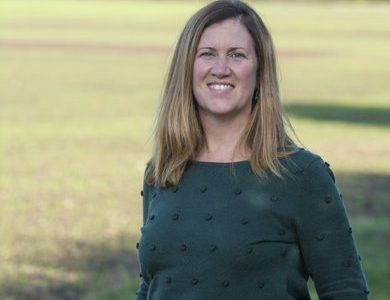
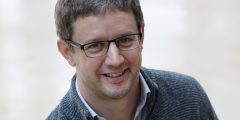
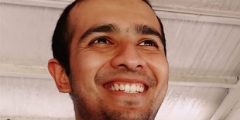

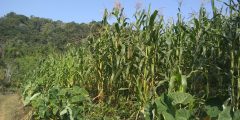
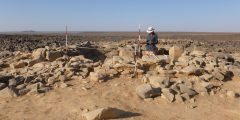
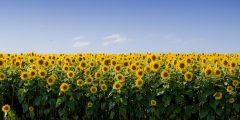
Recent Comments